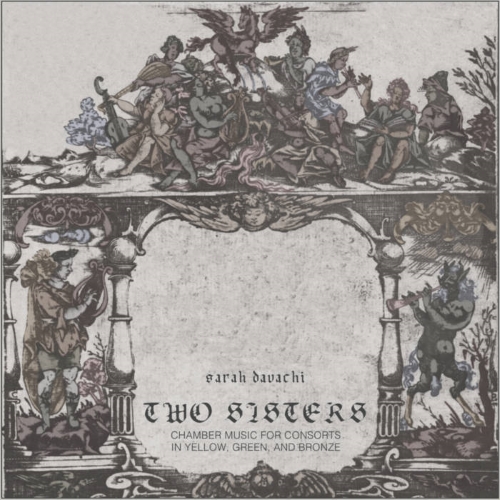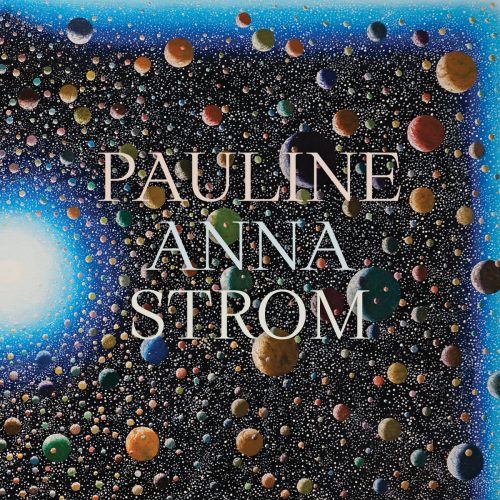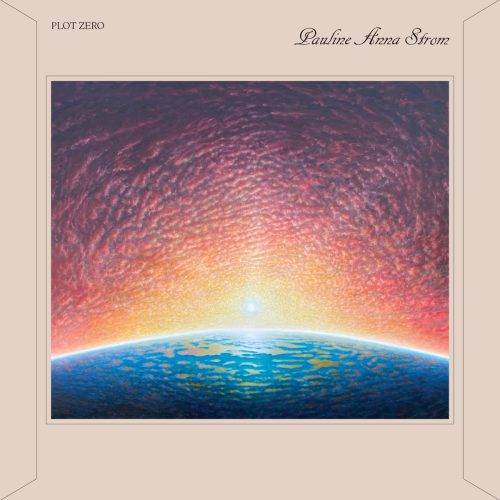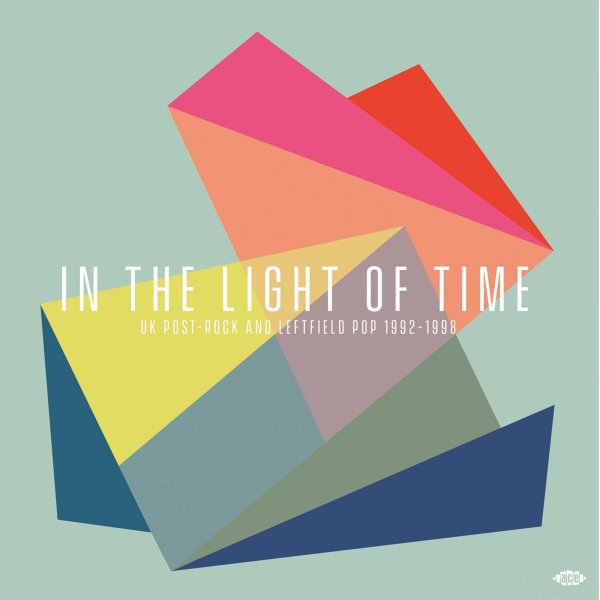Two Sisters (Green Vinyl)
Label: Late Music
Genre: Ambient, Electronic, Experimental
$44.99
Out of stock
Sarah Davachi’s most satisfying album yet is a love-letter to early music that expertly spans her interests in instrumentation, synthesis, minimalism and tradition. Rooted in the past, it’s guided into the present by Davachi’s unmistakably prudent hand – a patient examination of the through-line between choral, meditative drone and chamber music.
The most striking thing about ‘Two Sisters’ is that it physically sounds like almost nothing else. Mixing the album herself, Davachi is in complete control, so while she recorded the set of pieces with a shifting set of players (including Judith Hamann, Andrew McIntosh and Jessika Kenney), everything is kept at pace by Davachi’s very particular, exceptionally elusive processes. Purposefully quiet, the album flows like a breeze flowing through a room; somehow untouched by the contemporary trends of mixing and mastering with an emphasis on the top-end. In Davachi’s sonic space, instruments are photographed in soft focus – a stylistic choice that feels central to the experience.
‘Hall of Mirrors’ coaxes with resonant bell sounds, played by musicologist and carillon expert Tiffany Ng. The instrument isn’t frequently heard on record, but will be familiar to anyone who has traveled through the Lowlands; a set of tuned bells, initially placed in churches but quickly found in secular spaces like town halls, that can be played with a keyboard. Used here, they’re played slowly to emphasize decay, processed expertly by Davachi, who imagines them in liminal space. It’s a flawless lead into ‘Alas, Departing’, a choral piece that’s left us breathless. A duet between Jessika Kenney and Dorothy Berry, the lengthy composition echoes Medieval church music traditions, but elongates phrases and harmonies, honing in on microscopic pitch fluctuations, drawing our attention to the unique, fine-drawn qualities in each voice.
Singular and strange, melancholy and ineffably beautiful, ‘Two Sisters’ evokes the same feelings of spirituality, mystery and greatness as the music it’s so clearly informed by, but allows us enough distance to see things from a different perspective. What does contemporary minimalism have in common with Medieval sacred music? Composers like Arvo Pärt have explored that rigorously, but Davachi’s interest is in precisely those aspects that are often glossed over in favbour of perfection and beauty. Instead, Davachi freezes her components outside their usual curlicues and cultural signposts, and attempts to link us back to an era before the music was cloistered and removed from the peasant classes.
‘Vanity of Ages’ is a pipe organ recording performed by Davachi herself, and emphasizes the sublime imperfection of an instrument that naturally falls in and out of tune as it holds its trembling notes and chords. It’S tempting to compare Davachi’s approach to Kali Malone’s or Ellen Arkbro’s, but Davachi sounds as if she’s rooted in an era rather than tied to a specific instrument; her music is historical and driven by a personal narrative that’s hard to ignore. Using a plethora of instruments and approaches, she excavates those elements that reconcile her passions, bringing out her own voice in the process.
‘Icon Studies I’ is one of the album’s most ambitious and potentially florid compositions – featuring Johnny Chang on violin, Andrew McIntosh on viola, Rebecca Lane on bass flute and recorder and Judith Hamann on cello – but it never lapses into an entirely easy listen. Instead, Davachi sculpts the sounds into markers for her method, forcing us to re-examine our own biases when it comes to ensemble or early music. Her own synthesizer drones provide a backbone, creating a woozy sonic illusion: what’s electronic and what’s not? Does it even matter when the emotional resonance is identical? Can synthesizers have the same personality as organs, violins and voices?
Brassy lead single ‘En Bas Tu Vois’ takes an even more minimal approach, layering trombone recordings from LA-based musician Mattie Barbier into a rich, tonal symphony that marinates in the instrument’s alluring texture. But it’s the album’s finale that seals its brilliance: ‘O World And The Clear Song’ drifts dreamily from unsettlingly sustained quartertone bass flute sounds (played again by Rebecca Lane) into bell plates performed by Davachi herself, bookending the album with two different kinds of tuned percussion. It’s a musical rhyme that cements Davachi’s precision and lightness of touch, and will likely have you reaching to start it all again immediately.






